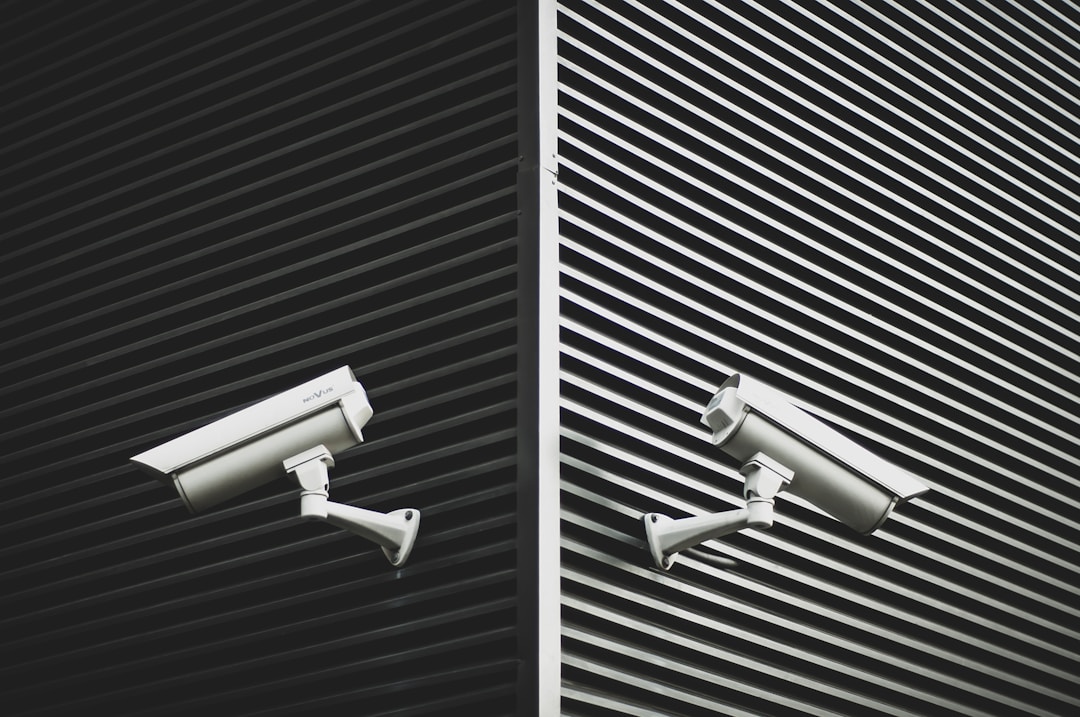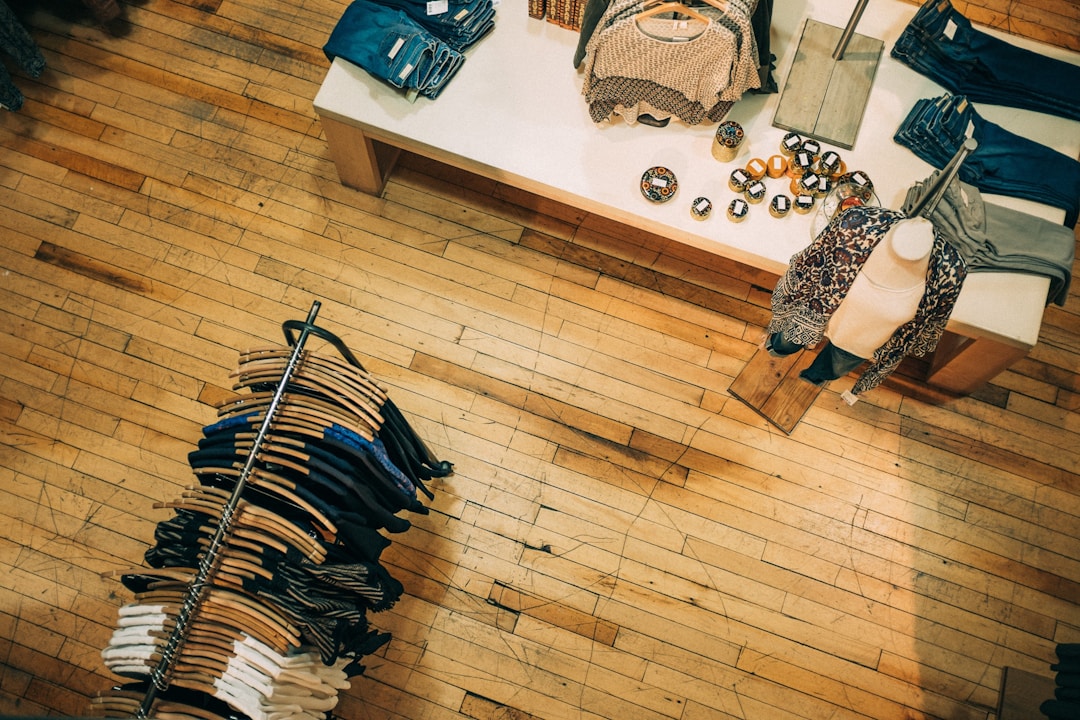If you’re a small business owner or manager of a retail shop, you’re aware that loss prevention is always among your top priorities. While many consumers shop both online and in traditional storefronts, retail brick-and-mortar stores are consistent targets for stolen items that can be re-sold online. With that in mind, you can use both new technology and traditional strategies to manage your loss prevention and empower your staff’s abilities to spot the tell-tale signs of potential shoplifting. Here, we will look at five ways to protect your retail store from theft, all of which can help you secure both your inventory and staff.
1. A Modern Security System

The single most valuable investment you can make for loss prevention is a retail store security system. Although many of today’s security systems still operate on the basic premise of older units, modern models have state-of-the-art features that make a world of difference. For example, the integration of security cameras throughout your store may keep a close eye on your sales floor, but older designs required a separate employee to monitor those surveillance cameras. New designs come with amazing remote access for mobile app capabilities, allowing you to keep an eye on on your retail store from your phone or mobile device.
Simply put, these systems mean that a small business owner can be “present” in the shop at all times, even when working remotely. In addition, many retail security systems have optional environmental sensors. In the chance that you’re working off-site, any suspicious activity or movement in the store after hours will trigger alert notifications in the form of text messages, letting you know of possible intruder entry.
2. Regular Inventory with Employees
While this is a lower-tech solution, holding routine inventory meetings with your staff is still highly effective in monitoring loss prevention. The fact is, if you and your team know intimately the count of on-hand and incoming inventory, it’s easier to notice possible shrinkage. The visibility of your product is a good idea in the storeroom or storage area, allowing your staff to locate needed items quickly. For any retail business, holding regular staff meetings, as well as rotating those team members responsible for inventory solutions, can go a long way in identifying missing valuables.
3. Arrange Your Floor for Anti-Theft

With loss prevention strategy in mind, consider arranging your floor for maximum product visibility in-mind. Consider the valuables on-hand at a typical pawn shop Hollywood location, where sale items can range from expensive jewelry and vintage clothing to pop culture collectibles and high-end musical instruments. One of the best practices that’s common in such a scenario is laying out the floor displays with the most valuable products in specific floor locations for employees to keep a watchful eye on foot traffic. As a business owner, you can likewise utilize the same theft prevention strategy, keeping certain areas of your store arranged for easy monitoring by employees and the field of view of your retail security system’s video surveillance.
4. Undercover Security Staff
A typical retail environment can include a lot of foot traffic and potential customers. Unfortunately, this can make it harder to spot suspicious behavior and possible shoplifters. For the peace of mind that you don’t have to substitute good customer service for asset protection with diverted attention, you could consider hiring undercover security staff to keep a keen eye on your customers for you. While this may cut into your overall staff budget, if shoplifting has been a recent problem, or you have higher volume during the holiday season, a few extra security staff members could help you will loss prevention and damage control.
5. Monitoring Theft at Similar Retail Stores
Finally, it’s always among the best practices for any retail small business owner to keep an ear open regarding recent theft at other stores in your location. If certain retail chains have been the victim of repeat perpetrators, or if your store carries specific products known to attract theft (such as jewelry or electronics), consider networking with local law enforcement in order to get updates on shoplifting or burglaries in your town.









